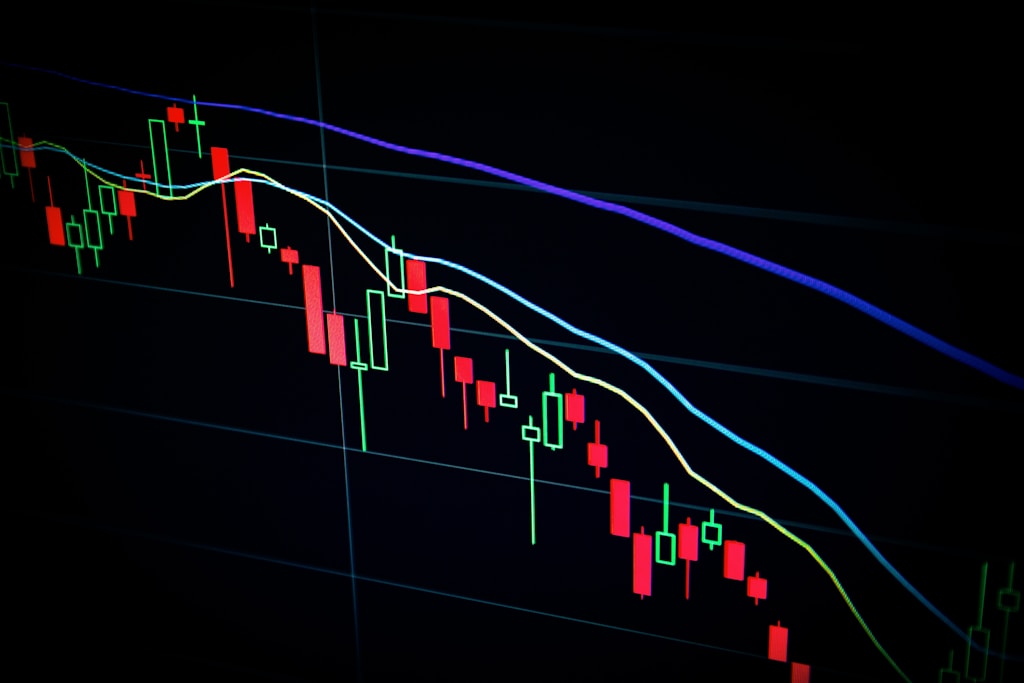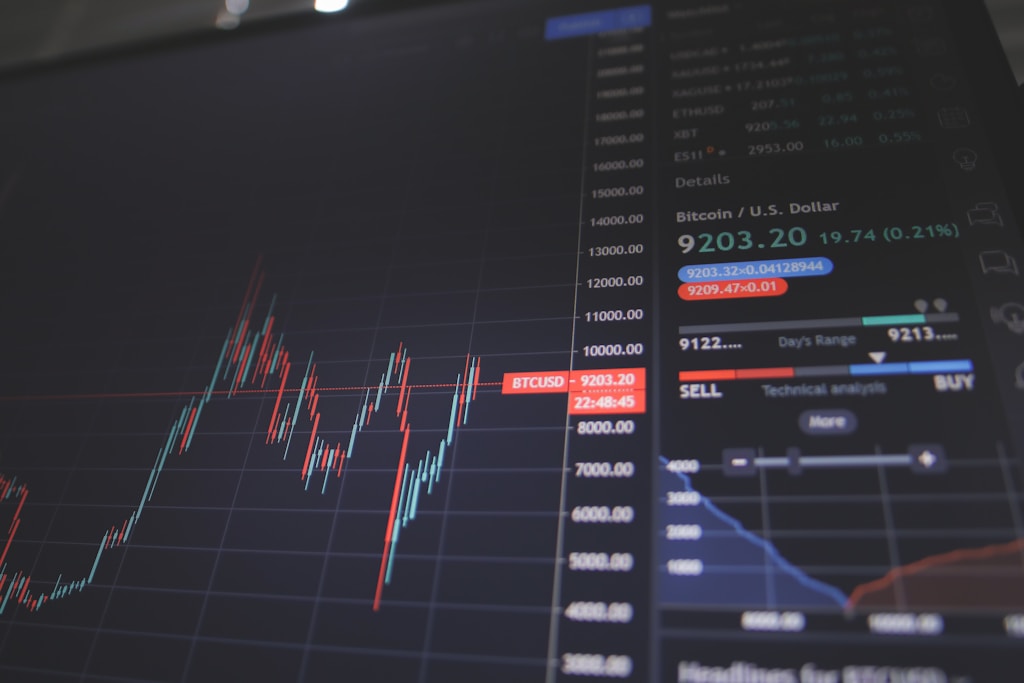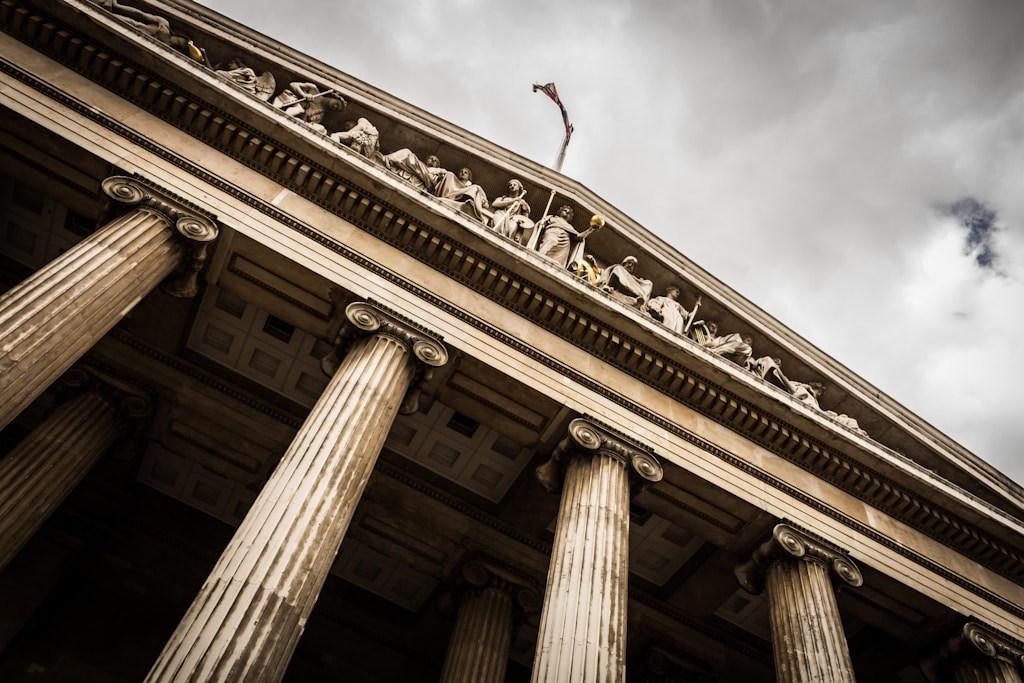In a significant development for Bitcoin’s DeFi ecosystem, leading crypto platform Magic Eden has announced a strategic partnership with Spark to revolutionize trading settlement speeds and cost efficiency for native Bitcoin assets. This collaboration marks a crucial step forward in Bitcoin’s growing momentum in the DeFi space, as the cryptocurrency continues to expand beyond its traditional store of value role.
Key Partnership Benefits for Bitcoin DeFi
The Magic Eden-Spark integration aims to address two critical challenges in Bitcoin DeFi trading:
- Significantly reduced settlement times for native Bitcoin assets
- Lower transaction costs while maintaining Bitcoin’s security model
- Enhanced efficiency for stablecoin-to-BTC swaps
Technical Implementation and Impact
The partnership leverages Spark’s innovative settlement layer technology to enable:
- Fast-track settlement mechanisms for Bitcoin-based assets
- Seamless integration with existing DeFi protocols
- Maintained security through Bitcoin’s trust model
SPONSORED
Experience lightning-fast trades with up to 100x leverage on perpetual contracts
Market Implications
This development comes at a crucial time for Bitcoin DeFi, as the sector experiences unprecedented growth. The integration is expected to:
- Attract more institutional players to Bitcoin DeFi
- Reduce barriers to entry for retail traders
- Enhance overall market liquidity
FAQ Section
How will this affect Bitcoin transaction costs?
The integration aims to significantly reduce settlement costs while maintaining Bitcoin’s security standards.
What types of trades will benefit from this partnership?
Initially, stablecoin-to-BTC swaps will see the most immediate impact, with plans to expand to other trading pairs.
When will these features be available to users?
The initial rollout is scheduled for immediate implementation, with additional features being added in phases.




